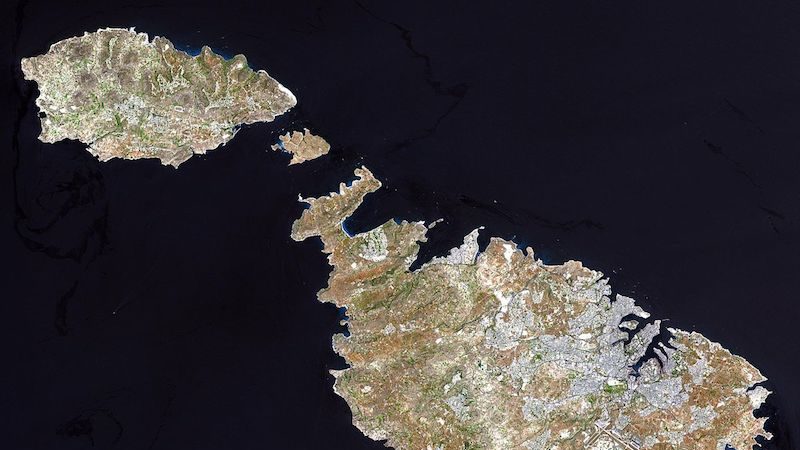The report published by two Italian organisations which study organised crime; Fondazione Antonino Caponnetto and Osservatorio Mediterraneao sulla Criminalita Organizzata e la Mafia, rings alarm bells. The study claims that Malta’s favourable taxation system together with its geographical proximity to Italy have always been appealing to both legal and illegal businesses, including international criminal organisations.
In the words of the Italian anti-mafia agency, Dipartimento Investigativo Antimafia (DIA), “Thanks to a privileged fiscal system and a rapid process to set-up a company, in the last few years, Malta attracted large investments, even from Italian criminal organisations.”
Malta’s tax regime has long been labelled as a tax haven, including under previous PN administrations. However, now Malta is regularly featuring in official reports by Italian authorities, and often described as a place where Italian criminal organisations can easily launder illicit money.
DIA reports in 2016 disclose the various activities of the Messina-based clan Santapaola-Ercolano. The clan has already been linked to money laundering in the ‘Beta’ investigation and the ‘Dirty Oil’ operations. Additionally, the Messina clan are linked to a weapon trafficking ring that includes Malta in it’s international network.
Following EU accession, Malta’s geopolitical relevance changed and once again the island state became a beacon in the Mediterranean. A crossroads, not only of cultures, but more importantly a digital economy that links North and South and East to West. The government’s openness to new technologies together with a financial regulator with a reputation of “being lenient” provide easy access to global markets. These opportunities are there for anyone who wants to profit from.
An interesting fact that comes from the Malta report, is the diminishing of Sicilian monopoly on the territory. The archipelago has become attractive even to clans from other parts of Italy such as the Casalesi, linked to the Neapolitan Camorra and the ‘ndrangheta from Calabria.
Criminal activity in Malta is not limited to various Italian mafia clans, but the report also makes reference to the presence of Russian, Balkan and Libyan criminal groups.
In its conclusion the report warns that Malta risks being labelled as a ‘Criminal State’. But what makes a criminal state?
Firstly, the blurred lines between legal and illegal economic activities. Criminal activities become indistinguishable and an essential part of the economic system.
Secondly, the decomposition of the ruling class (what was once known as the bourgeoisie in Marxist theory) into an archipelago of competing groups of power (corporations, castes, cliques and gangs) that substantiate the so-called “material constitution”.
Thirdly, the political class reduced to a self-referential, privileged, parasitic and corrupt caste, in full complicity and osmosis with the leaders of organised criminal systems.
Fourthly, the expropriation of popular sovereignty by an elite totally indifferent to the common good and the consequent metamorphosis of democracy into a mere simulacrum in the Baudrillardian sense of the term.
The points raised above, unfortunately, are becoming a reality. We are experiencing a different Malta. In the report’s own words “Malta confirms itself as an important link between Europe and Africa in the heart of the Mediterranean – a theatre marked by tensions and acute geopolitical conflicts between North and South, East and West – confirming itself as an ideal hub for financial speculators, criminal and terrorist organisations, various matrix. In other words, a country that risks falling perfectly within the perimeter of the “Criminal State” category.”
In a normal country such a report would be analysed and discussed and the system allowing people with ill intentions to operate from Malta would come under some serious scrutiny. However, Oh My Malta we are far from normal.













